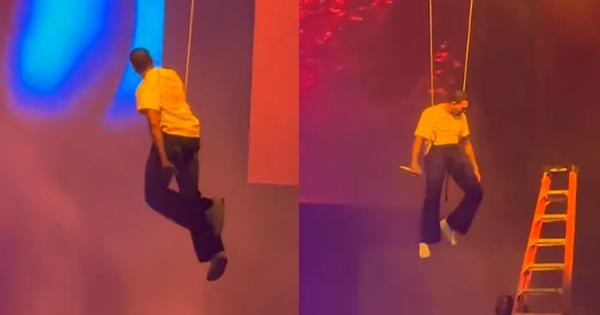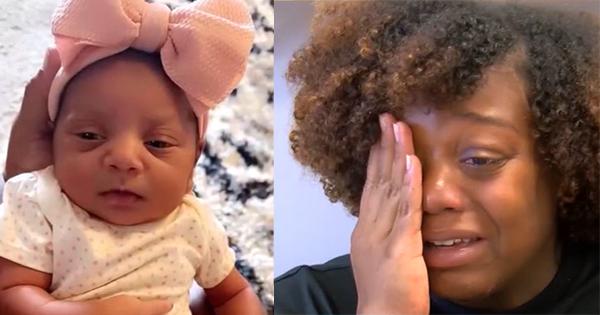This will be the first time that a national foundation will participate in the festival.

Dr. Steven Owens, vice president of Programs & Services at the Epilepsy Foundation
Landover, MD — Epilepsy Foundation will offer free seizure first aid education during the 25th ESSENCE Festival® Presented by Coca-Cola in New Orleans on July 5-7, 2019. The Epilepsy Foundation will make its first appearance at the ESSENCE Festival to raise awareness about epilepsy and seizures among African Americans just in time for the festival’s extraordinary 25th year celebration.
According to data from the U.S. Census Bureau and Centers for Disease Control & Prevention (CDC), African Americans are more likely to develop epilepsy over a lifetime and more likely to be diagnosed with epilepsy in an emergency room than white Americans. Women and girls living with epilepsy face unique challenges, including the impact of hormones, medication, birth control, pregnancy, and menopause on their seizure control.
“In general, women living with epilepsy often do not discuss such issues with medical practitioners, especially non-neurologists, adding to the host of concerns they have to consider while managing their seizures,” said Steven Owens, MD, MPH, MS, vice president of Programs & Services at the Epilepsy Foundation. “That’s why education is so important. Our goal at the Festival is to address the epilepsy disparities among women of color and help increase their quality of life by offering epilepsy and seizure first aid education.”
More people live with epilepsy than with Parkinson’s disease, multiple sclerosis and cerebral palsy, combined. But silence, fear and myths around epilepsy persist in every community, including African Americans. Each year, more than 25,000 African Americans in the U.S. are diagnosed with epilepsy. Approximately 715,000 African Americans have been informed by a healthcare provider that they had epilepsy or a seizure disorder.
“I know firsthand what epilepsy is like for this community, and it is not something that is openly discussed,” said Whitney Petit, an African American advocate who has lived with epilepsy for more than 30 years. “Our presence at the Festival will help raise awareness about epilepsy in order to decrease stigma and myths about this brain disorder and begin conversations about epilepsy with women of color.”
Petit will be joined by New Orleans native Derra Howard, who began having seizures at the young age of 9 and experienced discrimination because of her epilepsy, especially in the workplace.
To address the needs of underserved communities, the Epilepsy Foundation’s Enhancing Outreach to Minority Communities Initiative seeks to provide epilepsy education and promote inclusion in African American, Asian American and Hispanic communities so all people with epilepsy can live, learn, work, play, thrive and participate to their fullest potential. The Foundation’s Initiative birthed the hashtag #EpilepsyEquity to accompany its social media messaging. This initiative is part of the National Epilepsy Education and Awareness Collaborative (NEEAC), which is a cooperative agreement of the CDC. For more about the Foundation’s minority outreach efforts, please visit https://epilepsy.com/learn/special-populations.
About Epilepsy
According to the World Health Organization, epilepsy is the most common serious brain disorder worldwide with no age, racial, social class, national or geographic boundaries. The U.S. Centers for Disease Control & Prevention (CDC) estimates that 3.4 million people in the United States are affected by epilepsy. It is the underlying tendency of the brain to produce seizures which are sudden abnormal bursts of electrical energy that disrupt brain functions.
About the Epilepsy Foundation
The Foundation is leading the fight to END EPILEPSY®. With a network of nearly 50 partners throughout the United States, the Foundation connects people to treatment, support and resources; leads advocacy efforts; funds innovative research and the training of specialists; and educates the public about epilepsy and seizure first aid. For more than five decades, the Epilepsy Foundation has shone a light on epilepsy to promote awareness and understanding, and to advocate for laws that matter to people with epilepsy, while also funding $65 million for epilepsy research and supporting 3,076 epilepsy investigators and specialists in their early careers. Over the past 17 years, in partnership with the CDC, the Epilepsy Foundation has helped to improve access to care for people with epilepsy, expanded its digital reach and online resources in homes across the country, and trained more than 500,000 school and community personnel in how to recognize seizures and administer seizure first aid. The Foundation has also assisted more than 108,000 people through its 24/7 Helpline in the past five years, and continues to focus on innovation, new therapies, community services, advocacy and education as key priorities. To learn more, visit epilepsy.com or call 1-800-332-1000. Follow the Epilepsy Foundation on Facebook and Twitter.
PRESS CONTACT:
Leris G. Bernard
LERIS Media
leris@lerismedia.com








